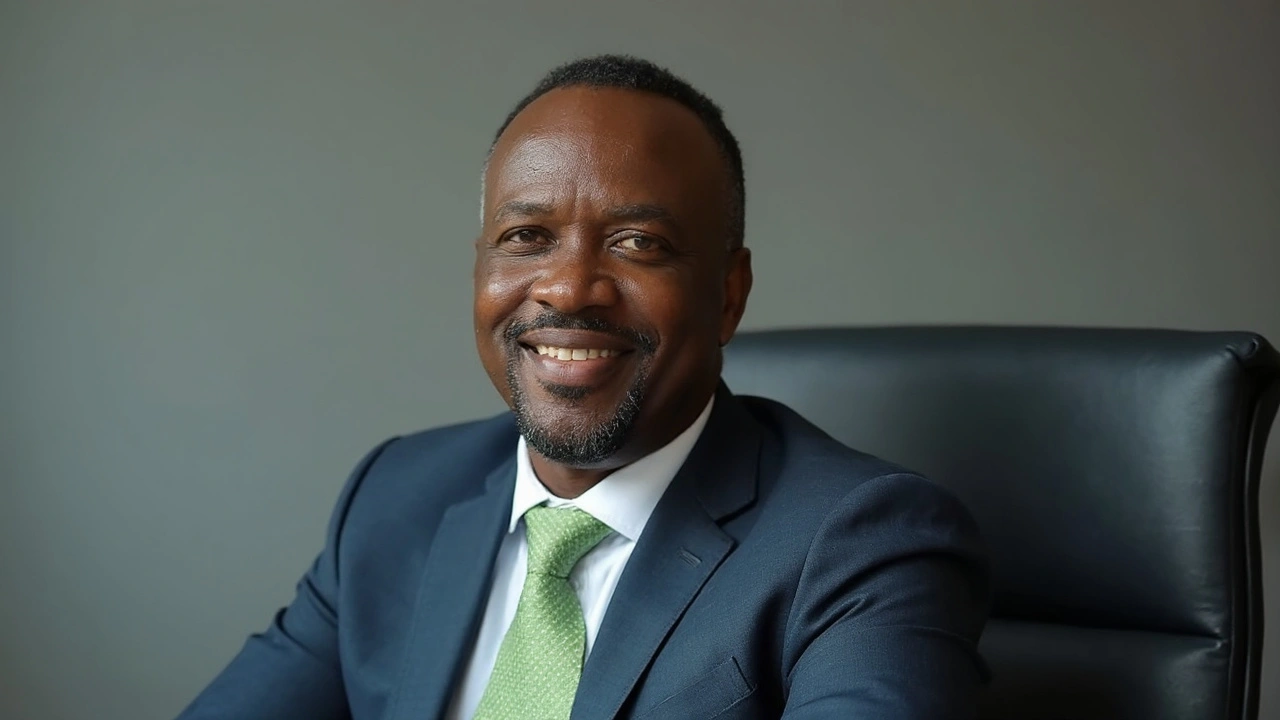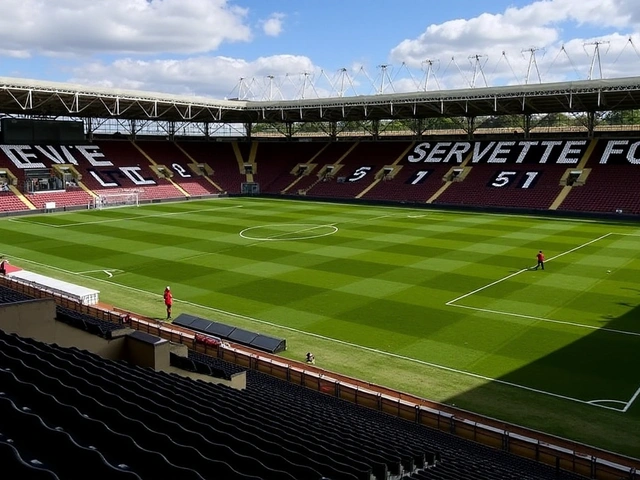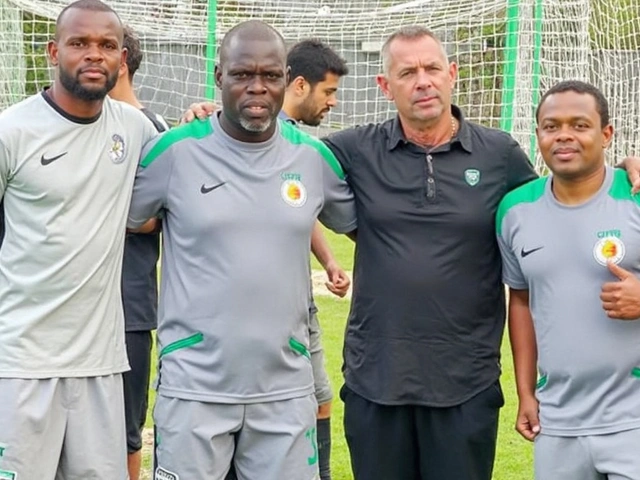Asset Forfeiture: What It Is and Why It Matters in Africa
Ever wonder why you sometimes see news about police taking cars, cash, or land from criminals? That’s asset forfeiture – a legal tool that lets authorities seize property linked to illegal activity. It’s not about punishing a person; it’s about taking away the profit of the crime.
How the Forfeiture Process Works
First, law enforcement identifies an asset they think is tied to a crime – maybe a bank account that received drug money or a business used for fraud. They then ask a court for a forfeiture order. If the judge agrees, the asset is frozen or taken. In many African countries, the process can be civil (the government sues the property) or criminal (the property is part of a criminal case).
Often the owner can fight the seizure by proving the asset is clean. That means showing where the money came from or that the property was bought with legitimate funds. If they can’t, the government may keep the asset, sell it, and use the money to fund more policing or community projects.
Why Asset Forfeiture Matters to Everyone
For ordinary citizens, forfeiture can feel scary because it looks like the state is reaching for your stuff. But when used correctly, it hits the financial heart of crime. It removes the cash that fuels gangs, drug dealers, and corrupt officials, making it harder for them to operate.
In South Africa, for example, the Prevention of Organized Crime Act lets authorities seize assets from organized crime groups, and the proceeds often go to victim‑support funds. Kenya’s Finance Bill 2025 mentions reforms that could tighten rules around digital assets, showing that governments are paying attention to new ways criminals hide money.
Businesses also need to watch out. If a company is linked, even unintentionally, to money‑laundering or tax evasion, its assets could be frozen. That’s why many firms now run thorough compliance checks and keep clear records of every transaction.
On the flip side, critics say forfeiture can be abused. Some argue that weak oversight lets officials target political opponents or seize wealth without solid proof. That’s why transparency and a strong legal challenge process are key. Citizens should know their rights – you can request evidence, get a lawyer, and appeal a seizure.
So, what should you do if you ever face forfeiture? First, don’t panic. Gather all paperwork that shows where the money or property came from – receipts, contracts, bank statements. Contact a lawyer who understands the local forfeiture laws. And stay informed: many countries publish annual reports on seized assets, so you can see how the system works in practice.
In short, asset forfeiture is a double‑edged sword. When done fairly, it strips criminals of the tools they need and can fund public safety. When misused, it can erode trust in the justice system. Understanding the basics helps you protect your own assets and hold authorities accountable.
Court Seizes ₦12.18bn Assets from Ex-CBN Governor Godwin Emefiele
In a landmark judgment, the Federal High Court in Lagos has ordered the permanent forfeiture of assets worth ₦12.18 billion, linked to former CBN Governor Godwin Emefiele. The Economic and Financial Crimes Commission (EFCC) secured the ruling, arguing the properties were gained through corrupt means. Key sites include notable real estate in Lagos and an industrial project in Delta State.
View More





